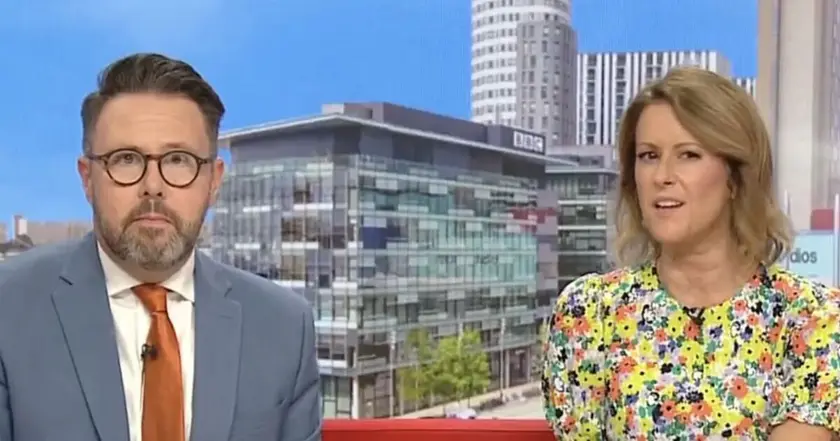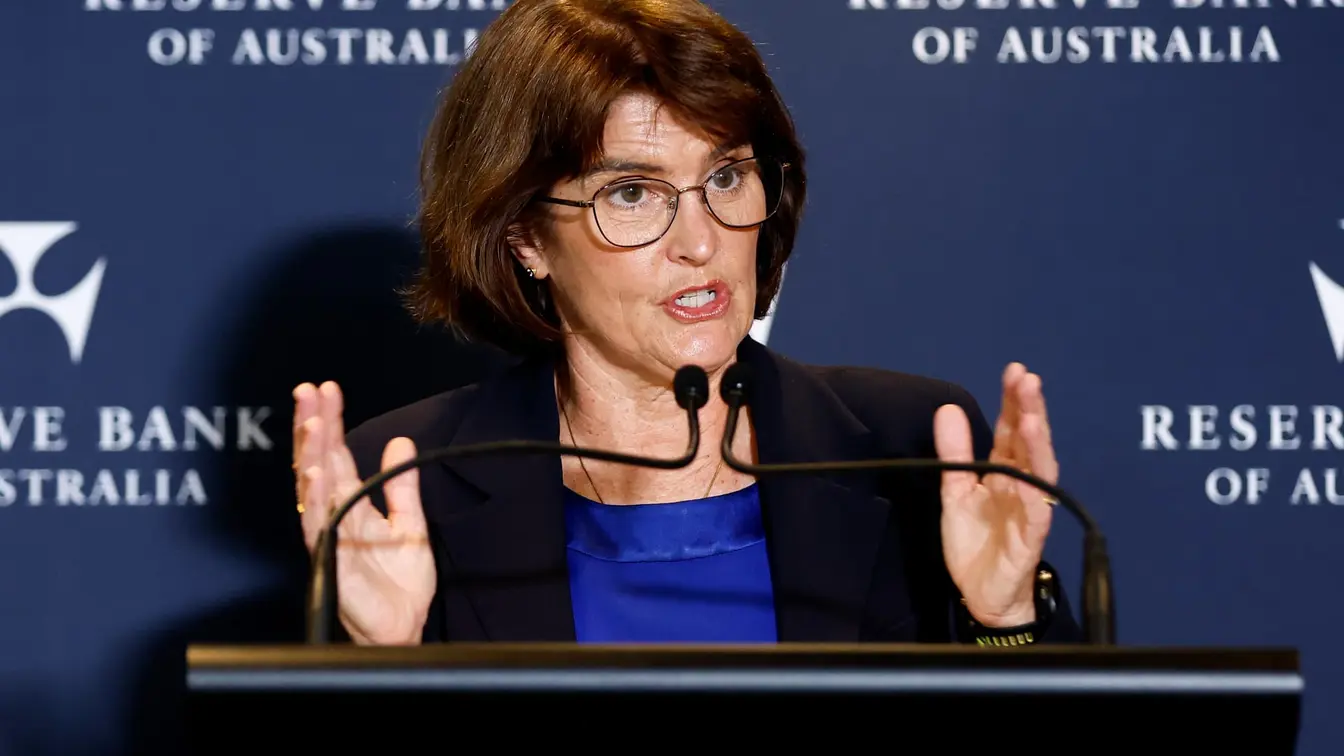T4K3.news
Inflation hits 3.8 percent in July
BBC Breakfast reports July inflation at 3.8% with mortgage and policy implications.

BBC Breakfast shifts to inflation news as July prices rise and households feel the effect.
BBC Breakfast Inflation Update Shocks Viewers
BBC Breakfast interrupted its usual flow to deliver breaking inflation data. The Office for National Statistics says UK consumer prices rose 3.8 percent in July, up from 3.6 percent in June. Correspondent Ben Boulos explained what the figure means in everyday terms, noting that faster price gains affect how much people can buy with their money and how quickly costs change.
The report points to broad price pressure, with air fares, transport, food and drink, and hospitality costs leading the gains. It also suggests that higher employer National Insurance contributions, effective since April, may be passed on to consumers. For homeowners, the data adds to the backdrop for the Bank of England’s next move on interest rates, with many watching for the likelihood of a rate cut in September. Viewers online expressed concern about their budgets and mortgage costs.
Key Takeaways
"This figure is important to us all. It gives us a sense of how quickly prices are rising and how far our money goes when we spend it."
Ben Boulos explaining the meaning of the inflation figure to viewers
"Now inflation in the UK has risen faster than expected to 3.8% according to the Office for National Statistics."
Direct quotation regarding July inflation rate
"If you spent £100 on a range of goods and services a year ago, those same things would now cost you £103.80."
Illustrating the impact of price rises on a typical basket
"There was more bad news for anyone with a mortgage."
Highlighting mortgage impact in the inflation report
The inflation update comes at a delicate moment for policy makers and households. While the July figure is far from the worst we have seen, it stays well above the 2% target and keeps pressure on households with mortgages. How the data is framed matters: calm, clear explanations can help people plan, while alarm can fuel anxiety about the cost of living. The media’s role here is to translate a complex metric into practical implications without oversimplifying the policy choices ahead.
Beyond the numbers, the report touches on political and budget questions. Critics may press for faster relief or sharper policy signals, while supporters argue that steady, data-driven moves are safest. In any case, the public mood will hinge on whether the data translates into tangible relief or renewed pressure on wallets and services.
Highlights
- Prices move faster than the forecast, tightening wallets
- Mortgage holders feel the bite as rates lag behind
- Inflation becomes the weather forecast for wallets
- Public reaction will test how much the data shapes policy
economic and political backlash risk
The inflation data intersects with monetary policy and public budgets, raising the potential for political scrutiny and public backlash if households feel little relief. The coverage could heighten sensitivity around government and Bank of England decisions.
The week ahead will reveal how policymakers translate this data into changes that feel real to households.
Enjoyed this? Let your friends know!
Related News

Markets hold at high valuation

Markets Rally on Inflation Data

Inflation rises in July

Food prices rise amid tariffs

Australia's inflation hits 2.1 percent in second quarter

Bitcoin hits new high on inflation data

Lidl named UK's cheapest supermarket

Tesla's UK sales drop nearly 60 percent
